Civil liberties and civil rights? They're not the same, and here's the scoop. Civil liberties are about your basic freedoms—think speech and privacy—safe from government meddling. Civil rights, on the other hand, fight against discrimination, pushing for equality. You can express your opinion freely, but don't expect the same if someone's blocking your right to a fair job just because of who you are. Want to get deeper into the messy details? There's more to unpack.
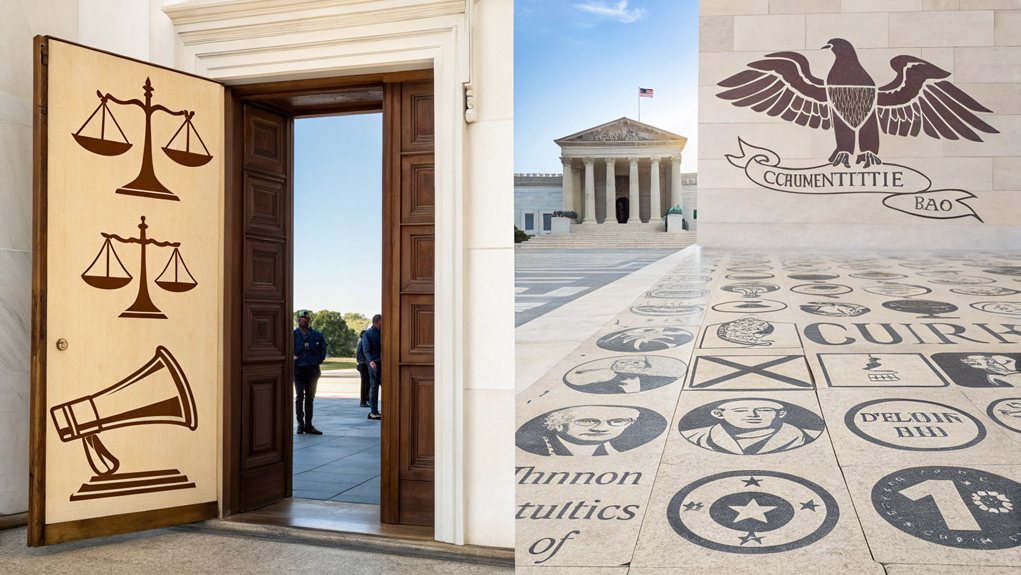
Civil liberties and civil rights—two terms that sound similar but pack a punch in different ways. At first glance, they might seem interchangeable. Spoiler alert: they're not.
Civil liberties are your basic freedoms—think speech, religion, and privacy. They exist to keep the government's nose out of your business. In contrast, civil rights are about ensuring everyone gets a fair shake. Discrimination based on race, gender, or disability? Not cool. Civil rights take a stand against that.
Civil liberties protect your freedom from government interference, while civil rights ensure fairness and equality for all.
So, what's the point? Civil liberties aim to limit government power, making sure individuals can live their lives without unnecessary interference. Civil rights, on the other hand, are all about equality. They demand that the government actively work to eliminate discrimination. Yes, it's a lot of work—like a never-ending homework assignment, but essential nonetheless. Civil rights require positive government action to ensure equal conditions for all individuals. Moreover, understanding the distinction between these concepts aids in recognizing the rights as a citizen.
Let's break it down. Civil liberties are rooted in the Constitution. The Bill of Rights has your back here. Freedom of speech? Yup, that's a civil liberty. But civil rights? Those come from specific laws, like the Civil Rights Act of 1964. This legislation was a game-changer, combating systemic inequalities. The 14th Amendment plays a crucial role in civil rights by ensuring equal protection under the law.
Now, consider examples. Want to express your opinions? That's civil liberties in action. But if you want to make sure you're not discriminated against at work? That's civil rights territory. Two sides of the same coin, each tackling different issues.
The legal protections are crystal clear. The Constitution protects civil liberties, while civil rights are enforced through legislation. The Fourteenth Amendment? It's like the superhero cape for civil rights, ensuring equal protection under the law.
Meanwhile, court decisions help clarify and expand these rights and liberties over time. In the grand scheme of things, civil liberties safeguard individual freedom, while civil rights fight against inequalities. Different goals, same struggle—protecting the dignity and autonomy of every individual.
Frequently Asked Questions
How Do Civil Liberties and Civil Rights Intersect?
Civil liberties and civil rights? They're basically best buddies. Civil liberties guard personal freedoms from government meddling—think free speech, privacy.
Civil rights? They guarantee everyone gets treated fairly. The fun part? They overlap! The Equal Protection Clause is like a bridge, connecting them.
When one side gets weak, the other steps in. So, whether it's stopping discrimination or shouting about injustice, these two are intertwined, fighting the good fight for everyone's rights.
What Are Examples of Civil Liberties in Everyday Life?
Civil liberties pop up everywhere in daily life.
Ever talked back to a teacher? That's freedom of speech.
Enjoy a peaceful protest? Yup, that's freedom of assembly.
And don't forget the right to privacy—like when you lock your phone.
Want to practice your religion? Go ahead, as long as it's not illegal.
Even the right to vote counts.
These liberties are your shield, keeping the government from meddling in your personal choices.
Can Civil Rights Be Violated by Private Entities?
Yes, private entities can totally violate civil rights. Imagine a company discriminating during hiring, just because of someone's race or religion. Not cool, right?
But here's the kicker: they often escape liability unless they're acting like a state actor. So, if they've got some government connection or are doing state-like tasks, they might be in hot water.
Otherwise, it's a legal gray area. Frustrating? Absolutely. That's the reality.
How Do Different Countries Define Civil Rights?
Different countries define civil rights in their own unique ways—like a twisted game of telephone.
Some nations have laws that guarantee voting rights and equal education; others? Not so much. The U.S. has the Civil Rights Act. The UK? Its Human Rights Act.
But hey, not everyone gets it right. Some places still struggle with basic rights.
What Role Do Courts Play in Protecting These Rights?
Courts are like the watchdogs of rights, barking when the government gets too cozy with its power. They sift through laws, making sure no one faces discrimination or unfair treatment.
Think of them as the referees in a game where the stakes are personal freedoms. When someone feels wronged, courts provide a way to fight back.
They're not just there for show; they're the real deal in civil rights and liberties protection.

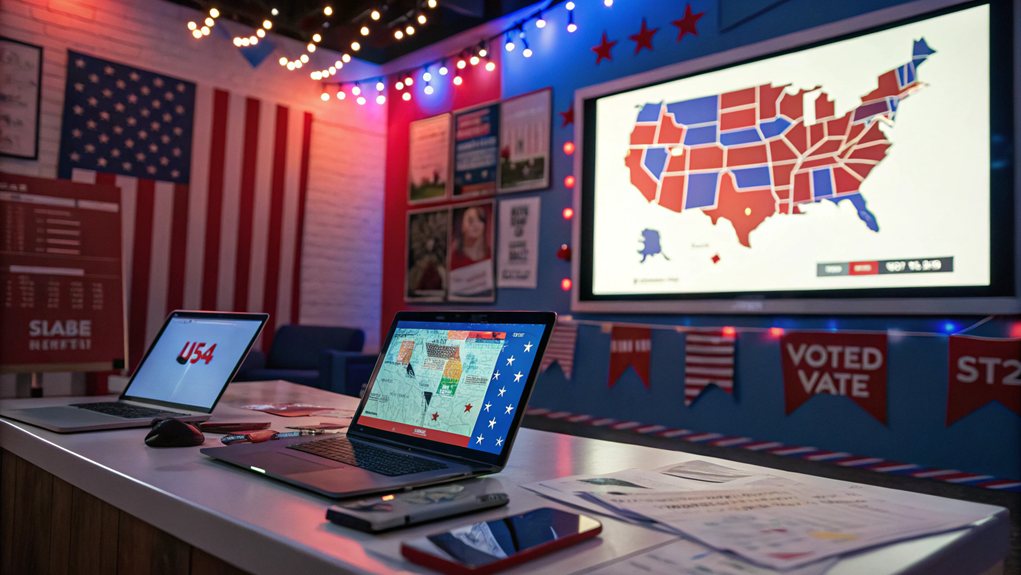
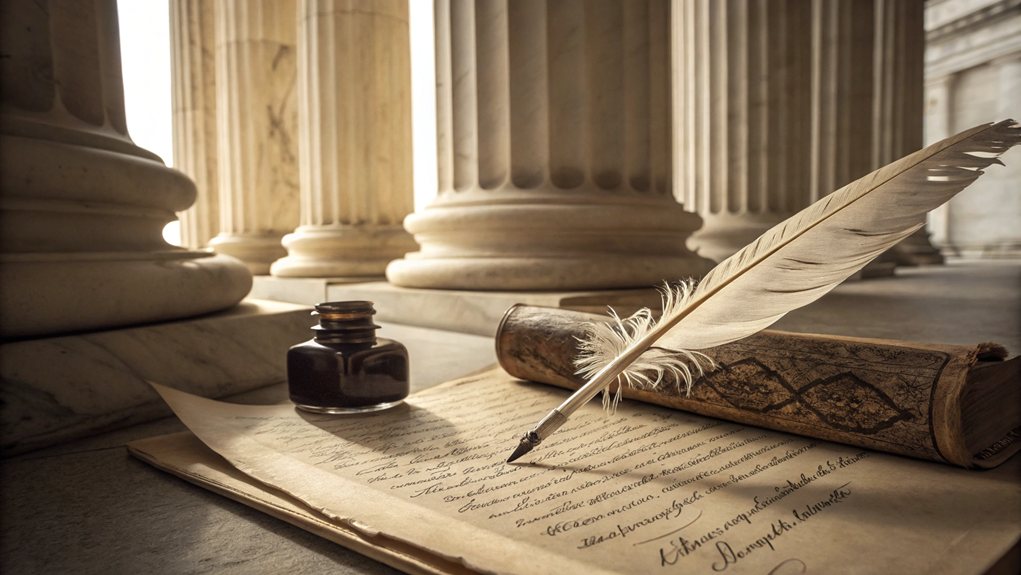
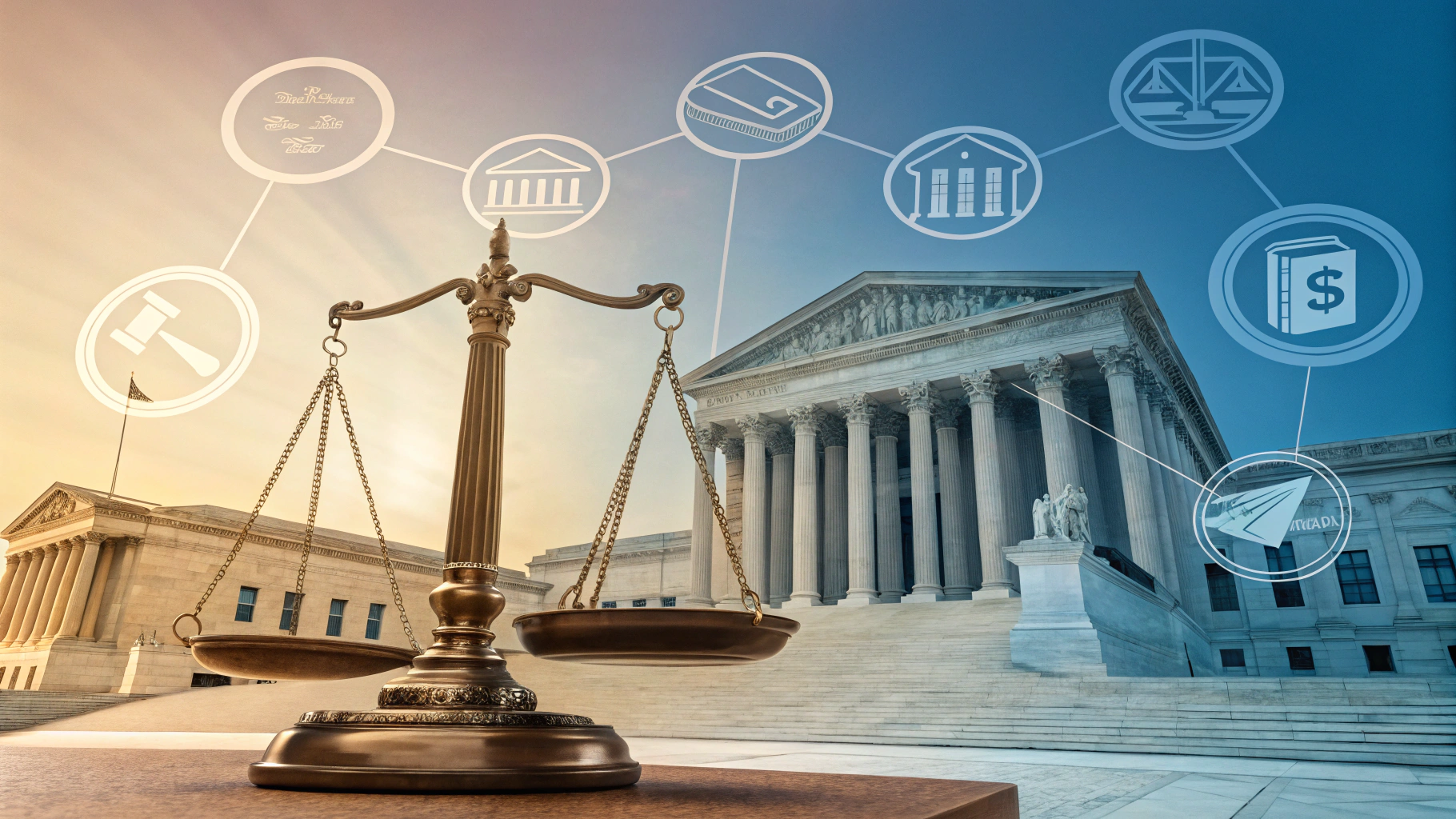
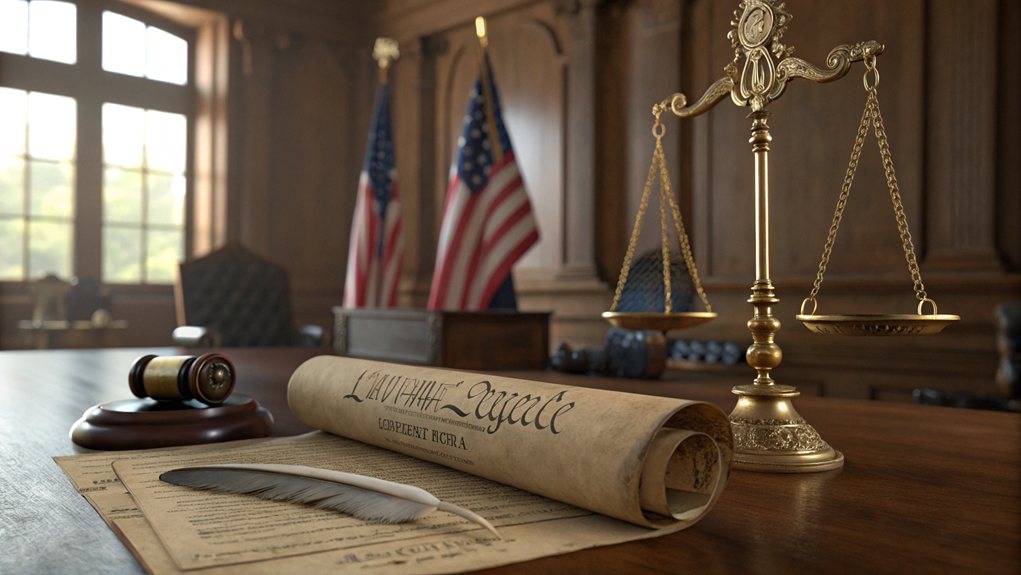
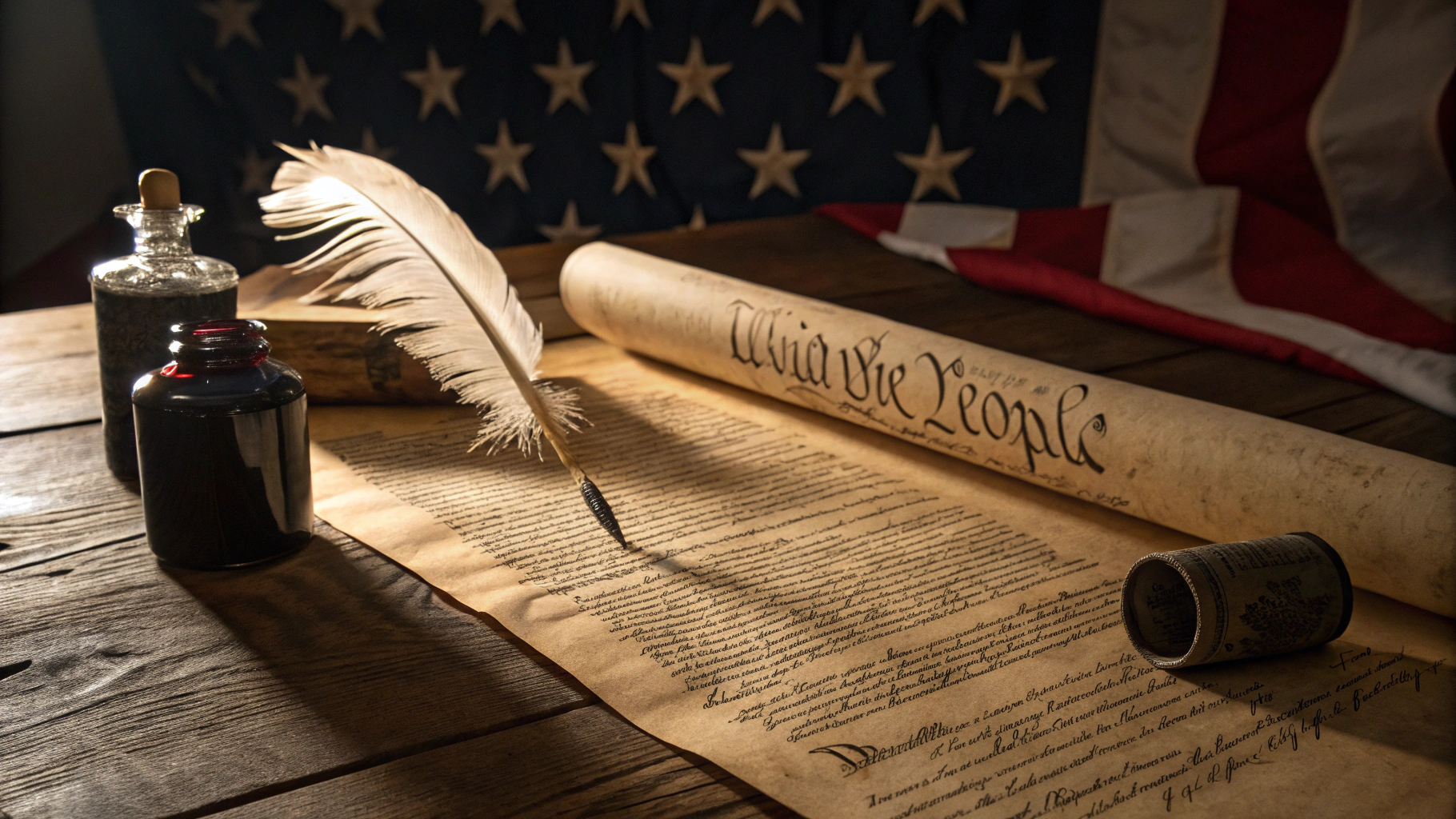




1 comment
Comments are closed.